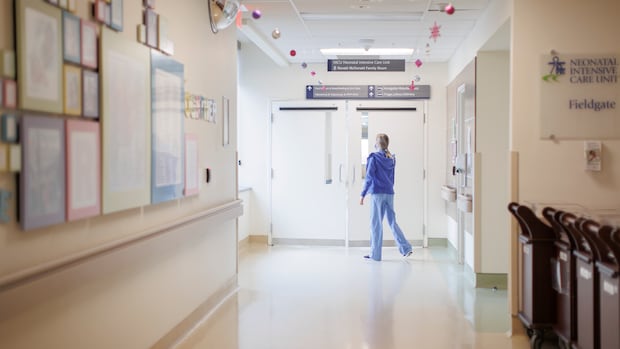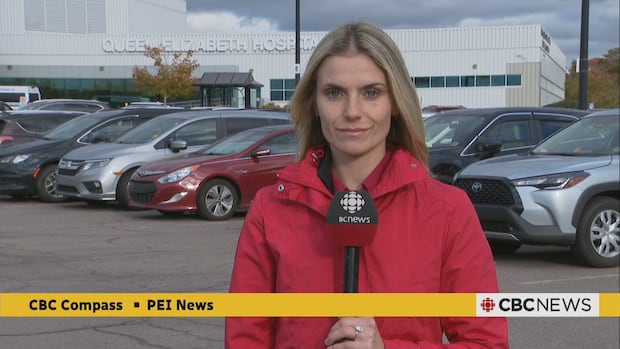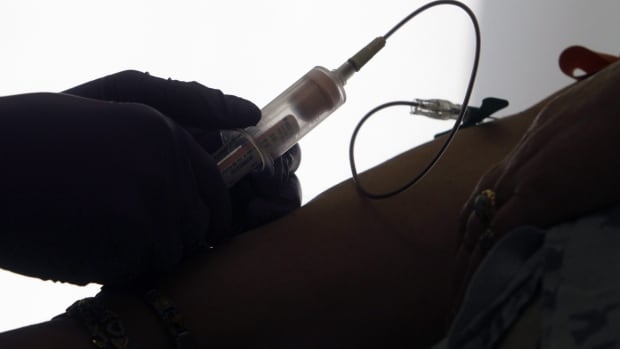
Prince Edward Islanders diagnosed with blood cancer could soon have to travel outside the province for treatment.
P.E.I.’s only oncologist specifically trained in that field, Dr. Pierre Whitlock, is leaving Health P.E.I. at the end of November.
“This is a particularly difficult position to recruit to. So it does leave us in a bit of a bind,” said Dr. Richard Wedge, the province’s acting chief medical officer.
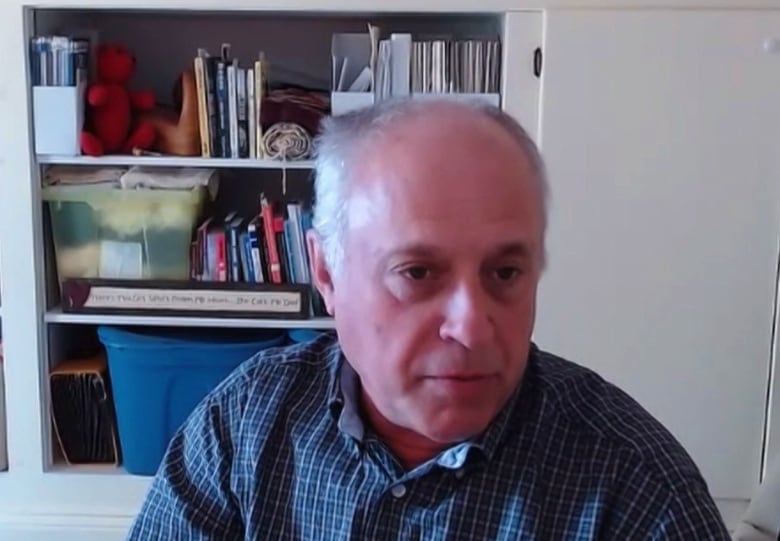
P.E.I. has had only one full-time blood oncologist for several years. The province has been trying to recruit a second specialist for more than a year to help with the high demand, said Wedge.
So far, no luck.
“We have medical oncologists who do a number of other cancers. We have radiation oncology as well… [but] hematological oncologists have extra training over and above that,” Wedge said.
“So there’s not a lot of training programs and not a lot of graduates each year.”
People diagnosed with blood cancer could soon have to travel off-Island for medical care, with P.E.I.’s only oncologist specifically trained to treat that issue retiring. Health P.E.I.’s Dr. Richard Wedge says they’re trying to fill the position, but until that happens, Nadine Prévost of the Leukemia and Lymphoma Society of Canada is worried about the impact on patients.
‘We’re not as well off as we were’
P.E.I. does have another oncologist with years of experience treating blood diseases and cancers. According to Wedge, that doctor will follow up with the current patients who have treatment plans already in place.
But new patients will have to follow a different path for the time being.
“If we’re unsuccessful in getting some locum positions to come into the Island, there will be referrals made off-Island,” said Wedge.
Of blood cancer treatment on the Island, he said: “It’s not completely zero, but we’re not as well off as we were.”
Prince Edward Island’s only blood oncologist is leaving the Health P.E.I. system at the end of November. The provincial agency has been trying to hire another such specialist for more than a year, with no luck so far.
Physicians also have access to the platform Virtual Hallway, an online service that connects doctors with hematological oncology staff outside the province for consultations.
But if no replacement is found, Wedge said it could lead to a delay in developing treatment plans for patients.
This is all concerning news for the Leukemia and Lymphoma Society of Canada. The group says having to travel for treatment is nothing new in Canadian health-care circles, but navigating a different provincial system makes things more complicated.
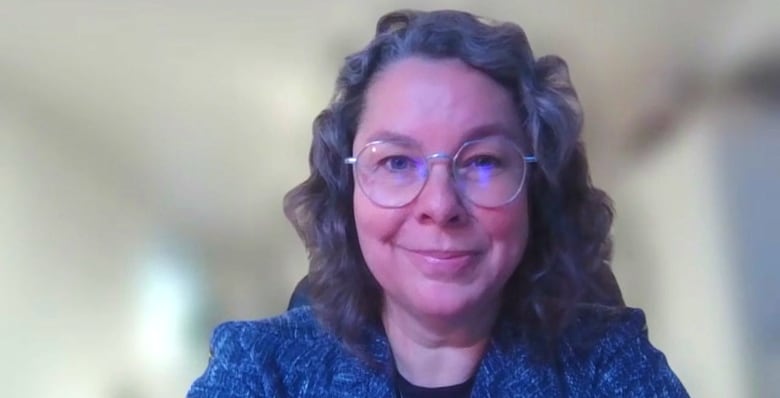
“It’s adding to the stress for all family members,” said Nadine Prévost, the society’s director of research and community support.
“For instance, if you have a partner and you have children, then you need to split the family because the partner will most probably have to stay home and take care of the family logistics while the other person will have to travel to get treatment.”
Wedge said the province hopes to fill the two open full-time positions. Despite being unsuccessful so far, he is optimistic Health P.E.I. will find someone.
“There are people who were interested, for example, in coming to P.E.I. because of the new master agreement we have for physicians. There are people who are coming because of the development of the new [UPEI] medical school,” Wedge said.
“There’s lots of positive opportunities available out there.”
